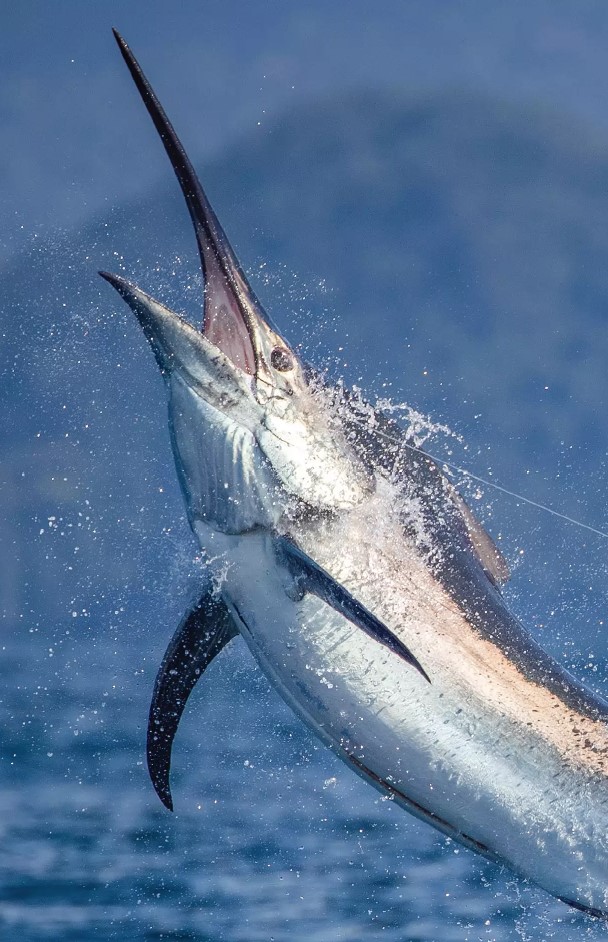Great White Shark Fishing
Great white shark fishing is a complex and highly regulated activity due to the protected status of these apex predators. Here’s what you need to know about great white shark fishing:
Legal Status and Regulations
Great white sharks are a prohibited species in all U.S. waters and fisheries[2]. This means:
- No retention of great white sharks is allowed
- They cannot be targeted for commercial fishing
- Recreational fishing for great white sharks is heavily restricted
In the Atlantic, some recreational fishermen with appropriate permits may intentionally fish for white sharks using rod and reel gear. However, they must release the shark immediately without removing it from the water or causing further harm[2].
Accidental Catches and Bycatch
While targeting great white sharks is prohibited, they are occasionally caught accidentally in fisheries targeting other species[2]. Regulations are in place to minimize such bycatch. If a great white shark is caught unintentionally, it must be released immediately.
Management and Conservation
Great white sharks are protected under various management plans and international agreements:
- In the Atlantic: 2006 Consolidated Atlantic Highly Migratory Species Fishery Management Plan
- In the Pacific: West Coast HMS Fishery Management Plan
- International protection: CITES Appendix II, CMS Appendix II, UNCLOS[2]
Shark Fishing Charters
While specific great white shark fishing is not allowed, some charter companies offer shark fishing experiences for other species. These trips often practice catch-and-release and may include:
- Deep sea fishing
- Nearshore fishing
- Night fishing for sharks[1]
It’s important to note that these charters do not target great white sharks specifically, as that would be illegal.
Scientific Research and Tagging
Some organizations conduct research on great white sharks, which may involve catching and tagging them for scientific purposes. This research helps track their movements and gather important data for conservation efforts[3].
Ethical Considerations
Given the protected status of great white sharks and their importance to marine ecosystems, it’s crucial to prioritize conservation over recreational fishing. Many shark enthusiasts now opt for non-invasive activities like cage diving or eco-tours to observe these magnificent creatures in their natural habitat.
Remember, if you encounter a great white shark while fishing for other species, it must be released immediately and with minimal harm to ensure the continued survival of this iconic species.
Citations:
[1] https://captainexperiences.com/species/great-white-shark
[2] https://www.fisheries.noaa.gov/species/white-shark/recreational
[3] https://www.youtube.com/watch?v=-Pz1wkbp38s
[4] https://www.dailymotion.com/video/x8t0hk4
[5] https://www.youtube.com/watch?v=f4_BxO6q_nA
[6] https://www.blackpoolgazette.co.uk/news/people/watch-lancashire-dad-catch-great-white-shark-while-fishing-on-holiday-4525681
[7] https://www.youtube.com/watch?v=TKS2R28DXYA
[8] https://www.youtube.com/watch?v=wOr2LcBcGrk

